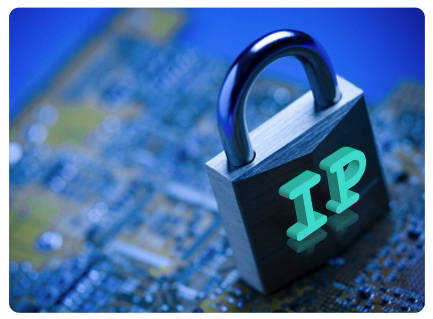There is vast information to share when it comes to hiding IP address. This paper explains the meaning of an IP address, what IP address entails, how they operate, what they hide and reveal about you and your computer and more.
Internet protocol (IP) address is a unique number assigned regionally to internet service providers (ISP) and is used to identify any computer connected to the internet. It is made up of several numbers that are separated by periods. For example; 172.08.255.9. An IP address locates your exact location and gives accurate information about your computer, your physical address, as well as laying out what you are doing and what you have been doing on the internet. This means that everything that you do on the internet could be traced back to you, whether it is downloading videos or movies to sending and receiving emails. It enhances accurate delivery of data you have requested from other computers (web sites).
Since IP addresses locate where traffic is coming from, they could be used to track your online activities and can be used to restrict users from accessing certain sites. Mostly, government institutions to block access to their domestic sites for privacy and security purposes apply this mechanism. Your physical location, country, region and state, your browser e.g., Mozilla Firefox or Internet Explorer is some of the information revealed by IP address.

Hiding your IP address with a VPN service is legal, and several ways are used to do that. Software programs could be used to hide your IP address, although they are not reliable. Another method is using the proxy servers. Unfortunately, this method slows down your system and stores your information. Finally, there is the use of the virtual private networks (VPNs), which enhances absolute anonymity of your information and keeps no records. Individuals and organizations that embrace the use of VPNs enjoy the advantages of highly secured communication channels, and at the same time save time and money. The service increases performances and enhances an improved data security, providing at the same time a larger access to remote users. We could think of VPN like a tunnel through the mountain. It cuts across the mountain and saves you the hustles of going all the way round the mountain to the other side. The VPN gets the data safely and anonymously to you, after dealing with all the internet risks.
When you hide your IP address using VPN, you receive another IP, which cannot be tracked back to you. It makes you anonymous online since your IP address will not be visible from the other end. Not even your ISP will be able to spy on you whenever you are on the web, even through an unsecured connection.
Using VPN to hide your IP gives you access to any restricted sites, since the IP address displays another location other than the one you could be at. This is because you get a new IP address that cannot be traced. This simply means that you cannot be blocked. Using a virtual firewall VPNs also could be used to add an extra security layer, hence increase the level of data protection.
